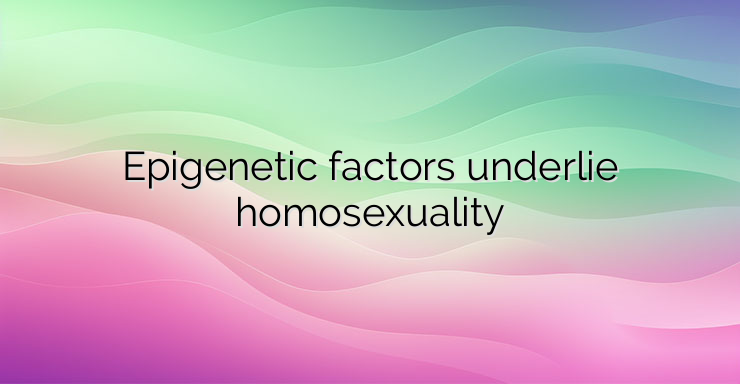A group of geneticists from the University of California proposes a new hypothesis about the propensity for homosexuality. Until now, its occurrence was explained by a genetic predisposition or peculiarities of intrauterine development, it is written in the journal Science. Despite research in this direction, no genes have been found to date that are associated with the manifestation of same-sex sexual attraction. Regarding the second version, a connection is sought with the increased level of testosterone or the strong reaction of the immune system on the part of the mother’s organism to the fetus, but here too no convincing evidence is presented. The reason for the preservation of homosexual inclination in the generations is also not clear, especially considering the fact that people with different sexual attraction are much less likely to have offspring. The authors of the new hypothesis consider both versions from the point of view of epigenetics. They suggest that under the influence of external factors during intrauterine development, changes in sex-related genes occur. According to them, the changes are not in the structure of the genes, but in their expression, which makes the fetus resistant to the unstable level of sex hormones in the amniotic fluid, and more precisely to the hormones of the opposite sex. In some cases, this information is stored in the individual’s gonads and passed on to subsequent generations in meiosis. NEWS_MORE_BOX In one sense, this means that epigenetic changes in the mother’s genes during pregnancy, which allow normal development under conditions of increased testosterone, can affect the expression of genes in areas of the fetal brain responsible for sexual desire . The preservation of homosexuality in evolution, according to the authors of the work, is determined by the advantages for the fetus, which are obtained from epigenetic changes. The hypothesis is presented in detail in the publication “Homosexuality as epigenetically determined sexual development” in the journal The Quarterly Review of Biology.


Leave a Reply